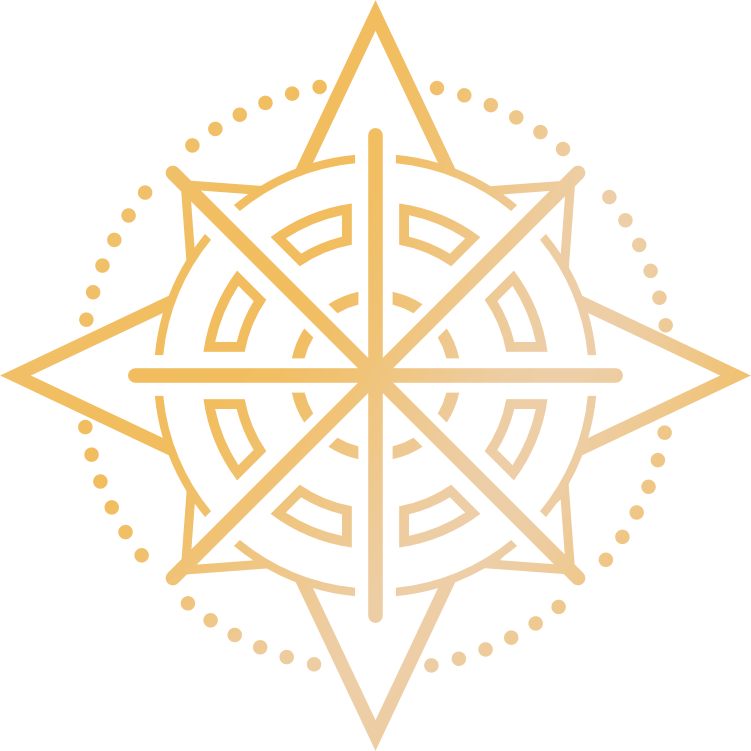Planetary Hours Guide for Busy Professionals
Balancing a full calendar with personal growth can feel impossible—especially when you’re juggling back-to-back meetings, deadlines, and self-care (if you remember to schedule it). But what if you could tap into ancient timing strategies—without adding “become a monk” to your to-do list? Enter: planetary hours. This is a practical guide for busy professionals to weave a little cosmic support into your day, using real science, clear steps, and zero mystical jargon.
What Are Planetary Hours? (And Why Should You Care?)
Planetary hours are an old-school time management system, based on the idea that each hour of daylight and night is “ruled” by a planet, each with its own vibe. Think ancient time-blocking, but with a cosmic twist. People have used this method for centuries to pick the right moment for important actions—anything from signing contracts to sending that risky email.
“Planetary hours aren’t about superstition—they’re about aligning your actions with natural cycles. Think of it as an extra layer of intention in your schedule.”
The best part? You don’t have to believe in astrology or memorize ancient texts. This is about experimenting with your workflow and seeing if syncing with these cycles brings better focus, luck, or results to your day.
Case Study: Lisa’s Weekly Planning Hack
Lisa’s a project manager with a color-coded Google Calendar and about 200 Slack notifications a day. She started using planetary hours to schedule her toughest tasks—like negotiations and brainstorming sessions—during “Mercury hours.” After a month, she noticed fewer scheduling conflicts, more productive meetings, and (bonus) a new sense of calm in her workday.
Let’s break down how you can try this, too—no spreadsheets required.
Planetary Hours: The 15-Minute Setup
Step 1: Know Your Planets
Here’s a quick cheat sheet:
- Sun: Leadership, visibility, confidence
- Moon: Emotions, intuition, care
- Mars: Action, courage, assertiveness
- Mercury: Communication, negotiation, tech
- Jupiter: Growth, luck, big-picture thinking
- Venus: Harmony, creativity, relationships
- Saturn: Discipline, structure, long-term planning
Step 2: Calculate Today’s Planetary Hours
You don’t need a sundial—just a free calculator. Daytime and nighttime are each divided into 12 “hours,” which change length as sunrise and sunset shift. The first planetary hour of each day matches the planet ruling that day (e.g., Monday = Moon, Tuesday = Mars).
- planetaryhours.net – Plug in your location for exact times.
- Check planetary hours clock on Amazon – For analog fans.
Step 3: Match Your Task to the Right Planet
Pick one area of your day to experiment with. For example:
- Pitching an idea? Try a Sun or Mercury hour.
- Team check-in? Venus hour for harmony.
- Crunching numbers? Saturn hour for focus.
You don’t have to plan your entire day by the planets—just one or two key moments. Set a calendar reminder, and see how it feels.
Planetary Hours at a Glance: Quick Reference Table
| Planet | Best For | Typical Time (varies by day/location) | Amazon Tool |
|---|---|---|---|
| Sun | Leadership, visibility, big launches | First hour after sunrise on Sunday | See today’s deal |
| Moon | Care, intuition, team check-ins | First hour after sunrise on Monday | Check price on Amazon |
| Mars | Action, assertive emails, workouts | First hour after sunrise on Tuesday | See today’s deal |
| Mercury | Negotiations, pitches, emails | First hour after sunrise on Wednesday | Check price on Amazon |
| Jupiter | Big goals, learning, finance | First hour after sunrise on Thursday | See today’s deal |
| Venus | Creative work, networking, harmony | First hour after sunrise on Friday | Check price on Amazon |
| Saturn | Deep work, planning, discipline | First hour after sunrise on Saturday | See today’s deal |
Planetary Hours Checklist: Try This in 15 Minutes
- 1. Choose a focus area. (Example: “Send important emails” or “Plan next quarter.”)
- 2. Check today’s planetary hours at planetaryhours.net or with a planetary hours clock.
- 3. Set a reminder for the next relevant planetary hour.
- 4. Do your task during that hour. No need to overthink—just try it.
- 5. Track how you feel and the results. Did it flow better? Any surprises?
Tools & Resources for Busy People
- planetaryhours.net – Free, simple online calculator.
- Analog planetary hours clock – For your desk or home office.
- Sunrise and sunset calculator – For manual tracking.
- Digital planners with planetary hour add-ons – Worth checking if you’re a planner nerd.
Realistic Pros & Cons
- Pros: Adds intention to your schedule, low-effort, can boost focus and calm.
- Cons: Planetary hours shift daily, so you may need to check timing; may not work for strictly fixed work hours.
- Best for: Professionals with some flexibility in their day, remote workers, anyone who likes to experiment with productivity hacks.
Final Thought: Make It Work For You
Planetary hours aren’t about perfection or dogma—they’re about experimenting with ancient time wisdom, in a way that fits your 2024 schedule. If it helps you feel more focused, great. If not, you’ve just gained a new conversation starter for your next coffee break.
Pro tip: If you love tracking and optimizing, try logging your planetary hour experiments for a month. You might be surprised at which times help you shine.
This post may contain affiliate links. If you purchase through them, it won’t cost you extra, but it helps keep this site running.







